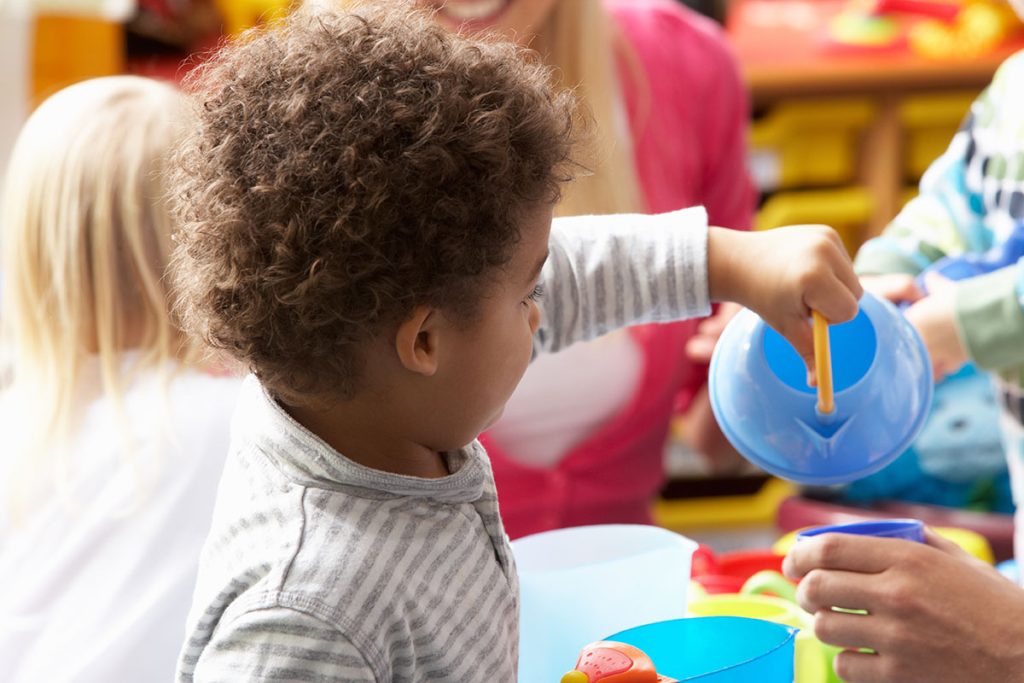Experiential learning stands out as a dynamic and immersive approach that has the power to transform education into a vibrant journey of discovery and growth. It goes beyond traditional classroom methods, offering students hands-on experiences that not only deepen their understanding but also ignite their passions and fuel their curiosity. This form of learning is not confined to textbooks and lectures rather, it embraces real-world challenges, encouraging students to actively engage with the material and apply their knowledge in practical settings. One of the key aspects of experiential learning is its ability to captivate and engage students’ minds. By presenting learning materials in a meaningful context, such as through interactive simulations, field trips, or project-based assignments, students are encouraged to connect theory with practice. This connection enhances retention and comprehension as students see firsthand how concepts manifest in the real world. For example, a science lesson on environmental conservation can be enriched by a field trip to a local park, where students actively participate in cleanup activities and observe the impact of human actions on ecosystems.

Moreover, experiential learning fosters a sense of ownership and empowerment among students. When they are actively involved in designing experiments, solving problems, or collaborating on projects, they develop a sense of responsibility for their own learning journey. This autonomy not only boosts their confidence but also cultivates critical thinking skills as they navigate challenges and explore solutions independently or in teams. Through this process, students discover their strengths, interests, and potential career paths, paving the way for future success. Another significant benefit of experiential learning is its capacity to ignite passions and spark lifelong interests. By offering diverse experiences that cater to different learning styles and preferences, students are exposed to a range of subjects and activities that captivate their imagination. Whether it is through artistic expression, scientific inquiry, community service projects, or entrepreneurial ventures, experiential learning encourages students to explore their passions and pursue areas of personal interest. This exploration not only enriches their educational experience but also lays the foundation for a lifelong love of learning.
This practical relevance not only enhances motivation and engagement but also encourages innovative thinking as students seek to apply their knowledge in meaningful ways. Furthermore, experiential learning promotes holistic development by integrating academic knowledge with essential life skills. Through collaborative projects, students learn effective communication, teamwork, leadership, and problem-solving skills all of which are invaluable in both academic and professional settings. Experiential learning also nurtures resilience and adaptability as students navigate uncertainties and learn from failures, turning challenges into opportunities for growth. In today’s rapidly evolving world, where innovation and creativity are prized, experiential learning plays a crucial role in preparing students for the challenges and opportunities ahead and check it out at little learners zone site. By engaging minds, igniting passions, and fostering a culture of lifelong learning, experiential learning equips students with the skills, knowledge, and mindset needed to thrive in an ever-changing landscape. It transforms education into a dynamic and transformative journey where every experience is a stepping stone towards personal and academic fulfillment.
